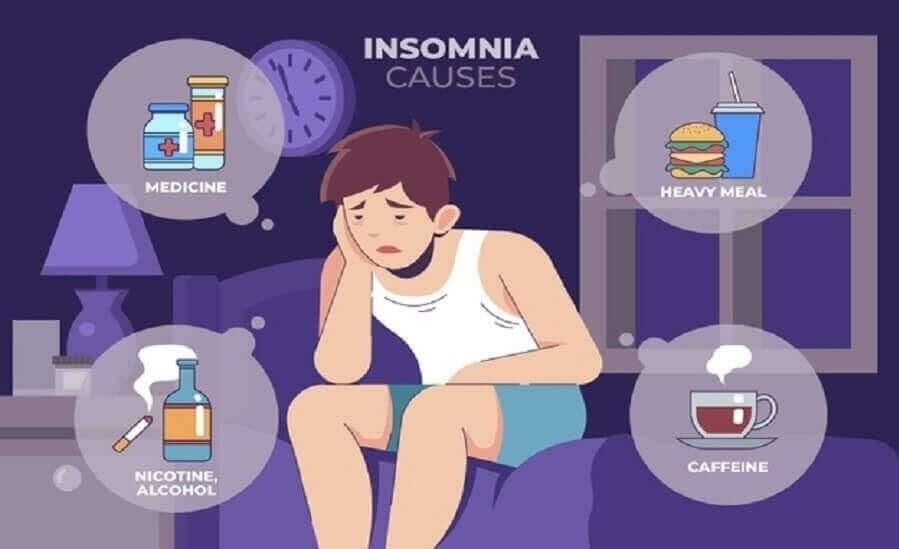

Light therapy: Light therapy, also known as phototherapy, has been shown to reduce the effects of insomnia among pregnant people with depression.Psychotherapy is particularly helpful for people who have insomnia and at least one comorbid mental health condition. Psychotherapy: Studies suggest that psychotherapy, such as cognitive behavioral therapy (CBT), may improve sleep quality during and after pregnancy.Taking a prenatal supplement that contains iron and folate can help to prevent RLS. Prenatal supplements: Pregnant people with low levels of certain vitamins and minerals have a higher risk of restless legs syndrome.Talk to your healthcare provider before taking any medications while pregnant. According to the Centers for Disease Control and Prevention (CDC), occasional use of common OTC sleep aids like Unisom (doxylamine) and Benadryl (diphenhydramine) has not been linked to birth defects. Over-the-counter (OTC) sleep aids: About 10%–15% of people take antihistamines at some point during pregnancy, often to promote sleep.

Nightmares are especially common during the third trimester and just before childbirth. Nightmares: Around half of pregnant people report having frequent, disturbing nightmares.Mental health disorders: People with mental health conditions, including major depressive disorder (MDD), other mood disorders, and generalized anxiety disorder (GAD), are more at risk for developing insomnia during pregnancy.Iron supplementation, if needed, is also a mainstay of treatment. Warm baths, massages, getting enough exercise, and applying heat to the affected area can help to relieve RLS symptoms. Restless legs syndrome (RLS): This sleep disorder involves an uncontrollable urge to move the legs due to crawling, creeping, or other sensations in the legs.Antacids may help to relieve nighttime GERD symptoms and improve sleep. GERD is not uncommon during pregnancy due to hormonal changes, the growing fetus pressing against your stomach, changes in diet, and decreased muscle tone in the muscle that keeps acid from coming up from the stomach. Many people with GERD also have trouble falling asleep. This leads to symptoms like heartburn, hoarseness, chest pain, and nausea. Gastroesophageal reflux disease (GERD): Sometimes referred to as acid reflux, this disorder causes food and stomach acid to back up into your esophagus (food tube).


 0 kommentar(er)
0 kommentar(er)
